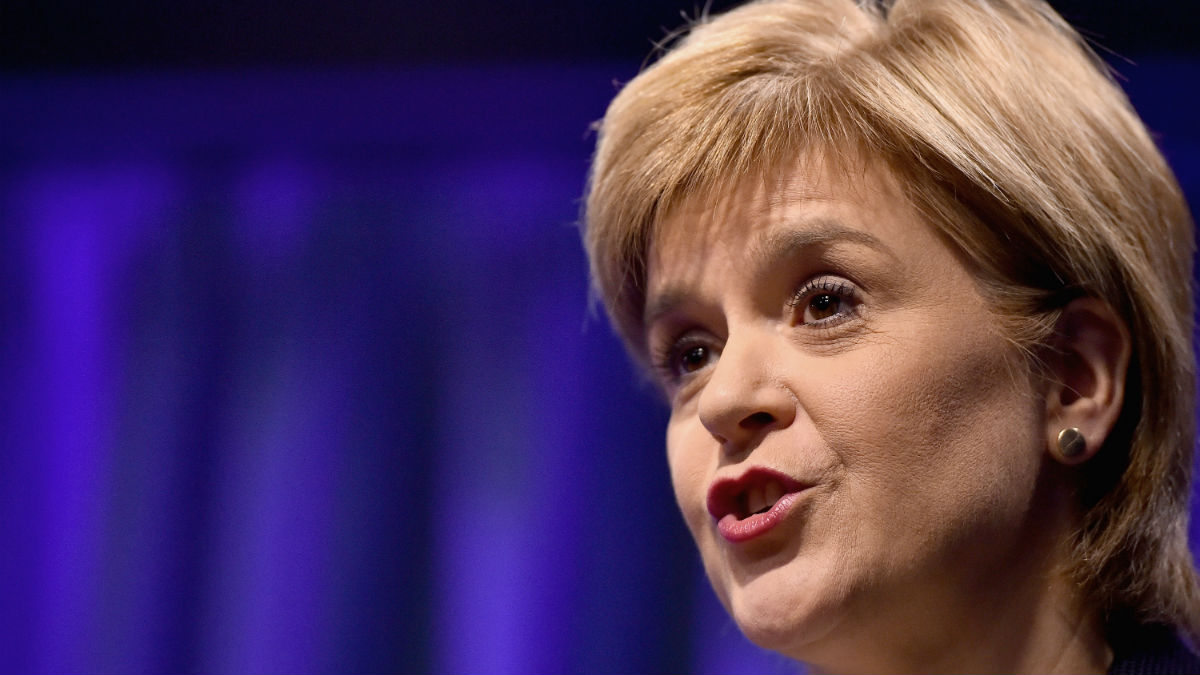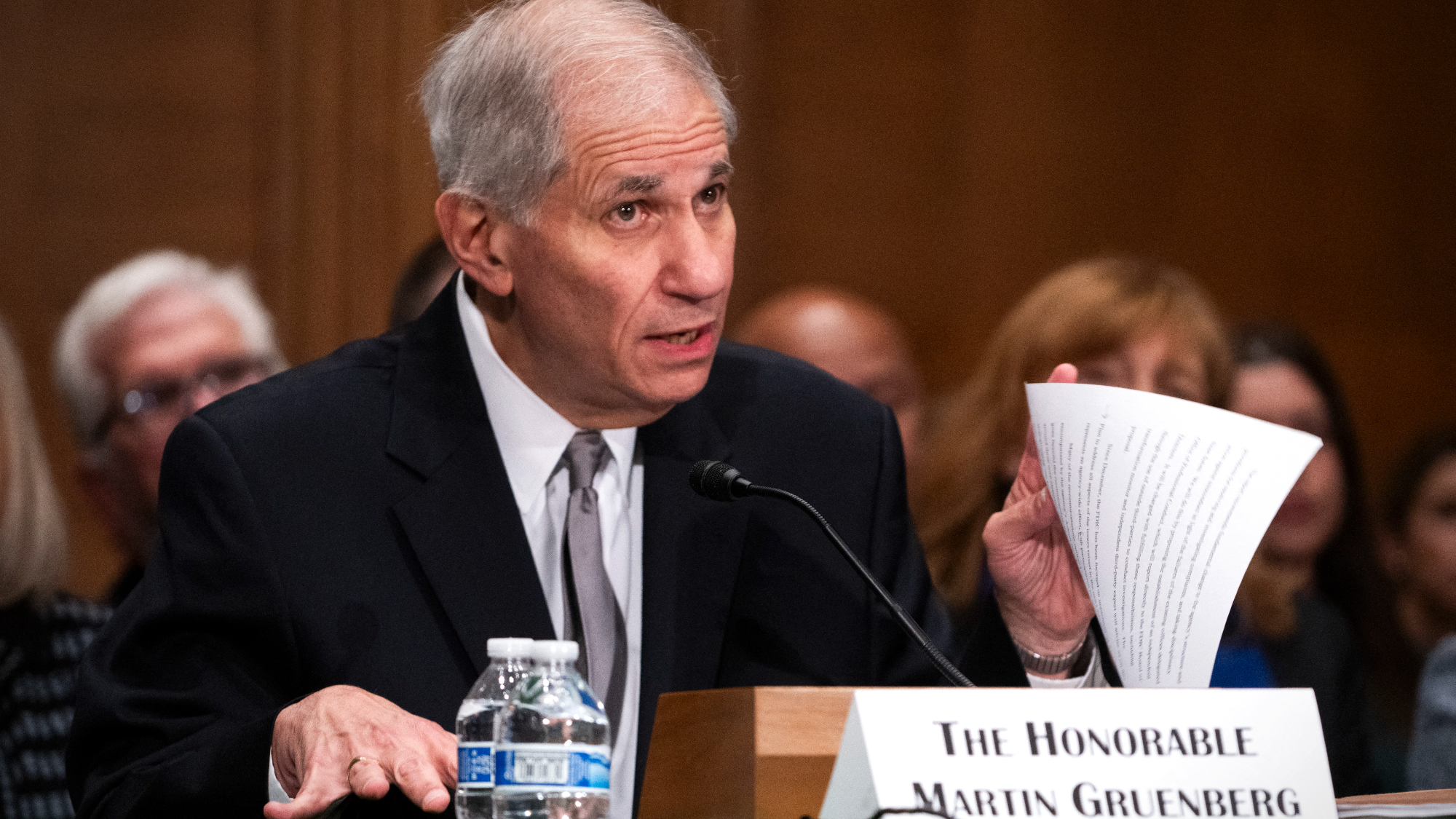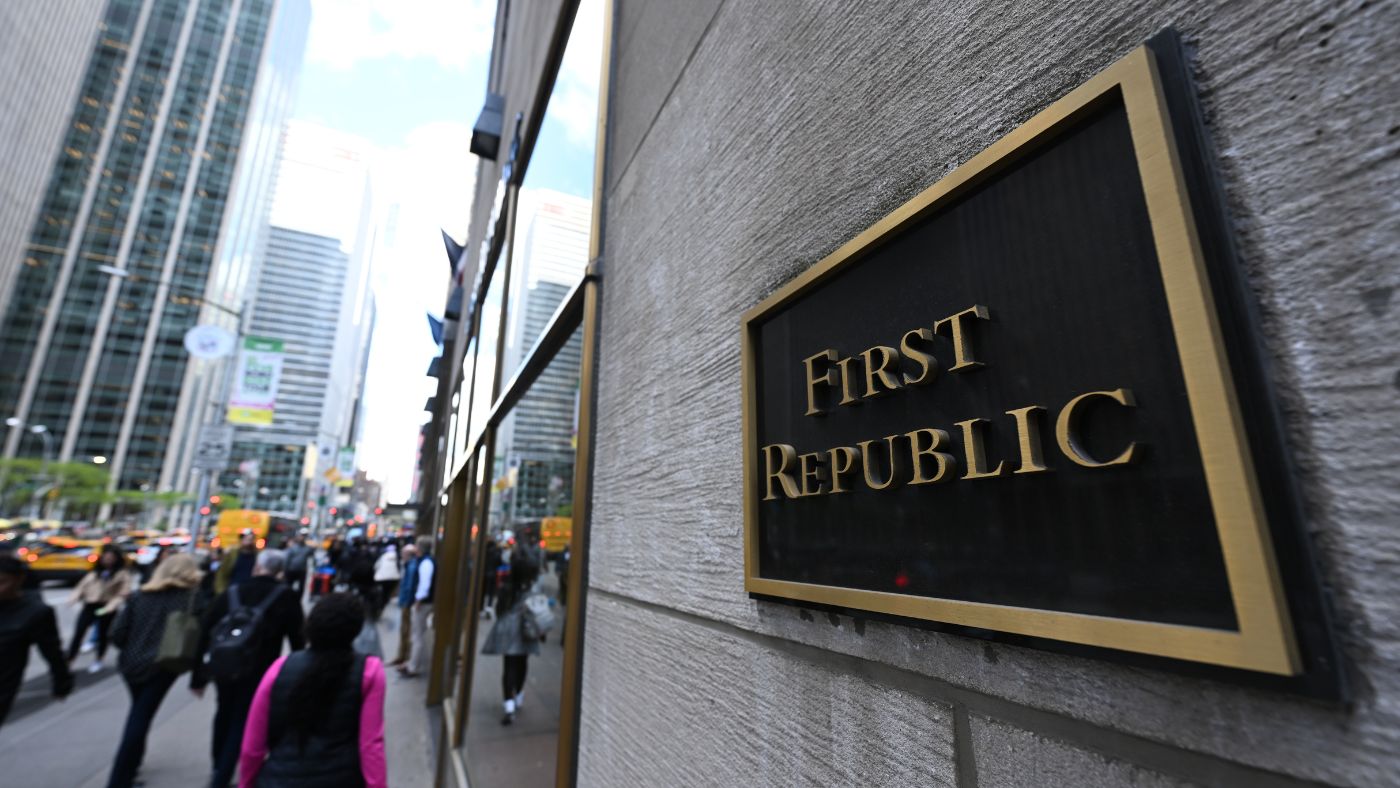Why the Barnett formula isn't being applied to the Tory-DUP deal
Is the SNP right to argue Scotland should receive £2.9bn more now Northern Ireland will receive an extra £1bn?

A free daily email with the biggest news stories of the day – and the best features from TheWeek.com
You are now subscribed
Your newsletter sign-up was successful
When Scottish Secretary David Mundell vowed this weekend there would be no "back door" funding for Northern Ireland, he couldn't have known the stir his words would cause.
Since then, the Tories have been accused of paying a "grubby" £1bn bung to keep Theresa May in power and he is called on to resign, says the BBC.
The £1bn is the upfront cost in new spending for infrastructure, health and broadband in Northern Ireland that the Conservatives have agreed to secure the support and votes of the Democratic Unionist Party's ten MPs in the House of Commons.
The Week
Escape your echo chamber. Get the facts behind the news, plus analysis from multiple perspectives.

Sign up for The Week's Free Newsletters
From our morning news briefing to a weekly Good News Newsletter, get the best of The Week delivered directly to your inbox.
From our morning news briefing to a weekly Good News Newsletter, get the best of The Week delivered directly to your inbox.
At issue is the Barnett formula, the controversial mechanism used to determine the vast majority of spending in the UK's devolved administrations.
Under this, if the budget for a government department changes - health, for example, receives more or less money - the formula is used to calculate how much each devolved area then gets, based on "population proportion and the extent to which powers have been devolved" from that department.
Critics argue Barnett is not being applied to the DUP money, so there are no "consequentials" to increase funding for the governments in Scotland and Wales.
According to the Scottish National Party, if the formula had been applied so that all countries benefitted to the same degree, Scotland would have gained £2.9bn more in funding.
A free daily email with the biggest news stories of the day – and the best features from TheWeek.com
"This breaks the very principles that underpin devolution," said First Minister Nicola Sturgeon.
However, the Barnett formula is not set out in law and is interpreted and applied at the discretion of the UK Treasury.
It also typically applies only to permanent funding changes for government departments, says iNews.
The government insists this new funding is an additional one-off.
Scottish Conservative leader Ruth Davidson said the same process was used when David Cameron's government agreed "city deals" for Glasgow, Aberdeen and Inverness worth collectively close to £700m.
As now, no new money went to the other devolved administrations.
"It's absurd for the SNP to criticise UK government spending on top of Barnett in Northern Ireland when the exact same thing happens in Scotland," said Davidson.
Barnett has come under criticism throughout its 39-year history - its creator, former Labour MP Lord Joel Barnett, claims it is unfair to people in English regions in particular.
Speaking in 2014, he said the formula meant Scotland was "able to do things that we can’t like [cap] prescription charges and university fees. That’s not fair on English taxpayers."
According to figures for 2015/2016, public spending per head in England was £8,816 per head, while in Wales it was £9,996, in Scotland £10,536 and in Northern Ireland £10,983.
-
 The ‘ravenous’ demand for Cornish minerals
The ‘ravenous’ demand for Cornish mineralsUnder the Radar Growing need for critical minerals to power tech has intensified ‘appetite’ for lithium, which could be a ‘huge boon’ for local economy
-
 Why are election experts taking Trump’s midterm threats seriously?
Why are election experts taking Trump’s midterm threats seriously?IN THE SPOTLIGHT As the president muses about polling place deployments and a centralized electoral system aimed at one-party control, lawmakers are taking this administration at its word
-
 ‘Restaurateurs have become millionaires’
‘Restaurateurs have become millionaires’Instant Opinion Opinion, comment and editorials of the day
-
 What does the FDIC do?
What does the FDIC do?In the Spotlight The Federal Deposit Insurance Corporation is now a 'Trump target'
-
 TD Bank accepts $3B fine over money laundering
TD Bank accepts $3B fine over money launderingSpeed Read The US retail bank pleaded guilty to multiple criminal charges
-
 FDIC chair out after toxic work culture report
FDIC chair out after toxic work culture reportSpeed Read The report revealed a trend of sexual harassment and discrimination at the Federal Deposit Insurance Corporation
-
 Citibank to cut off online access for customers who don't go paperless
Citibank to cut off online access for customers who don't go paperlessSpeed Read The bank will shut off the customer's access to both their online website and mobile app
-
 First Republic: will UK banks survive unscathed?
First Republic: will UK banks survive unscathed?Under the Radar US shares dip after collapse of third regional bank, but experts say contagion to the UK is unlikely
-
 Banking crisis: has the city weathered the financial storm?
Banking crisis: has the city weathered the financial storm?Talking Point The financial storm appears to have abated, but no one’s ruling out more squalls along the way
-
 Should the UK relax bank ring-fencing rules?
Should the UK relax bank ring-fencing rules?Talking Point Treasury minister said he hopes to ‘boost competitiveness’ in the City with easing of regulations
-
 Should caps on bankers’ bonuses be scrapped?
Should caps on bankers’ bonuses be scrapped?Talking Point New chancellor Kwasi Kwarteng believed to be planning contentious move to ‘boost the City’